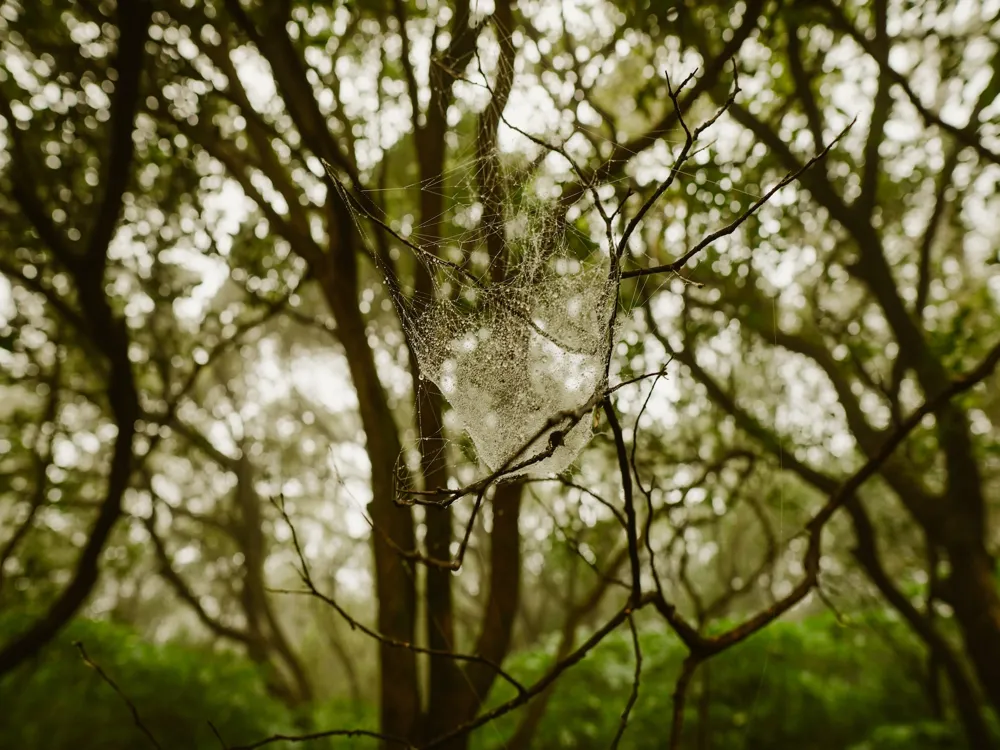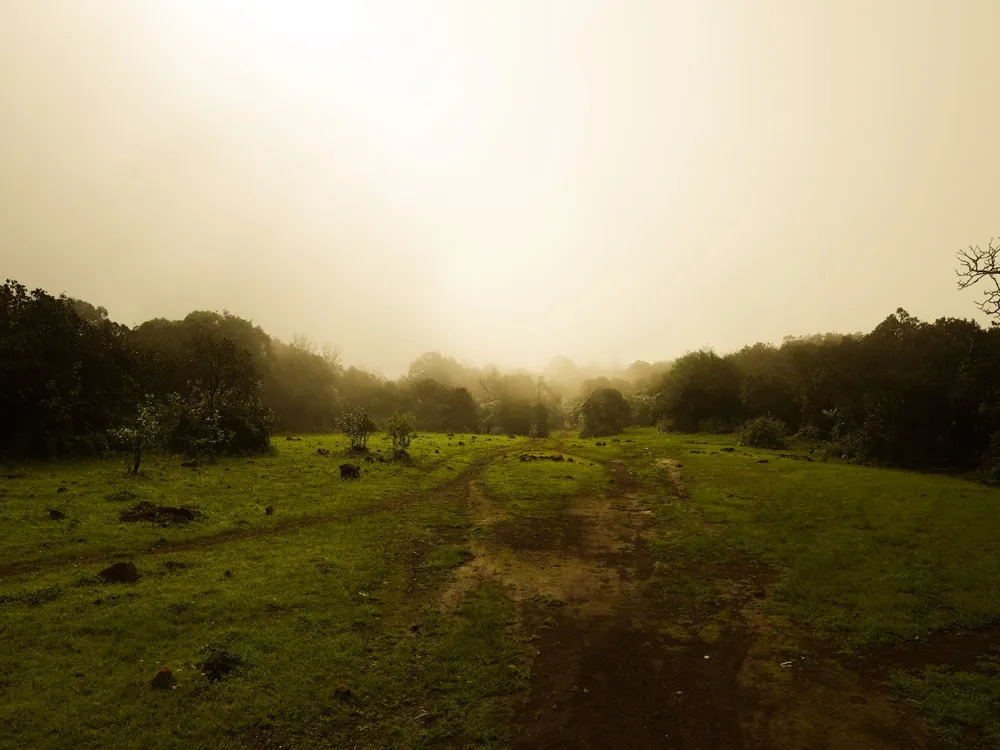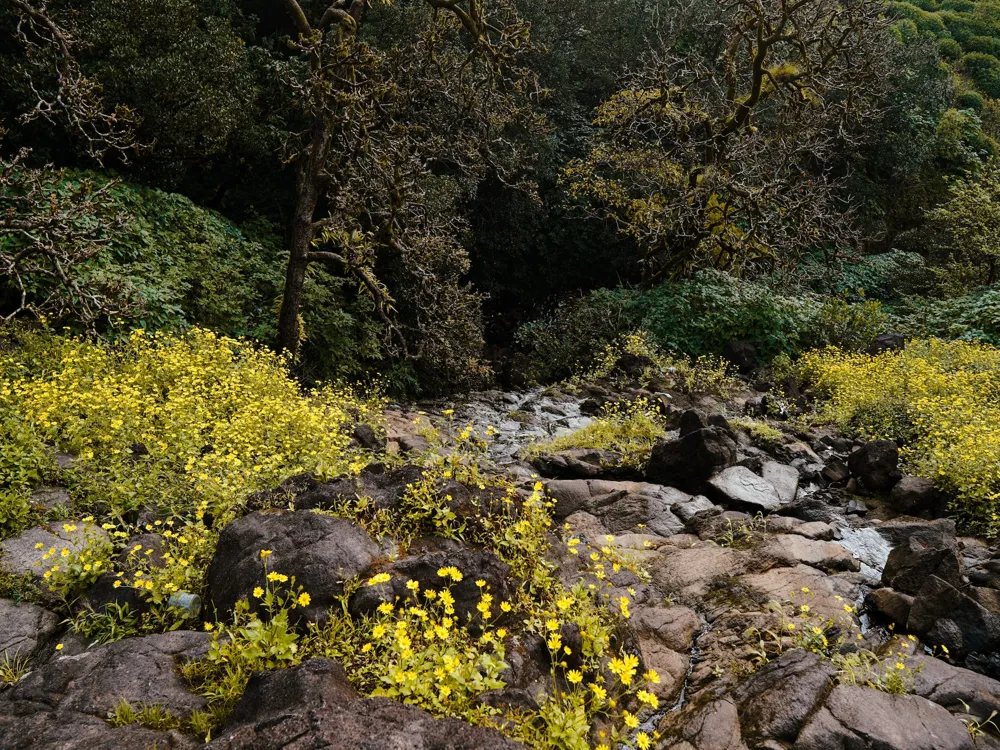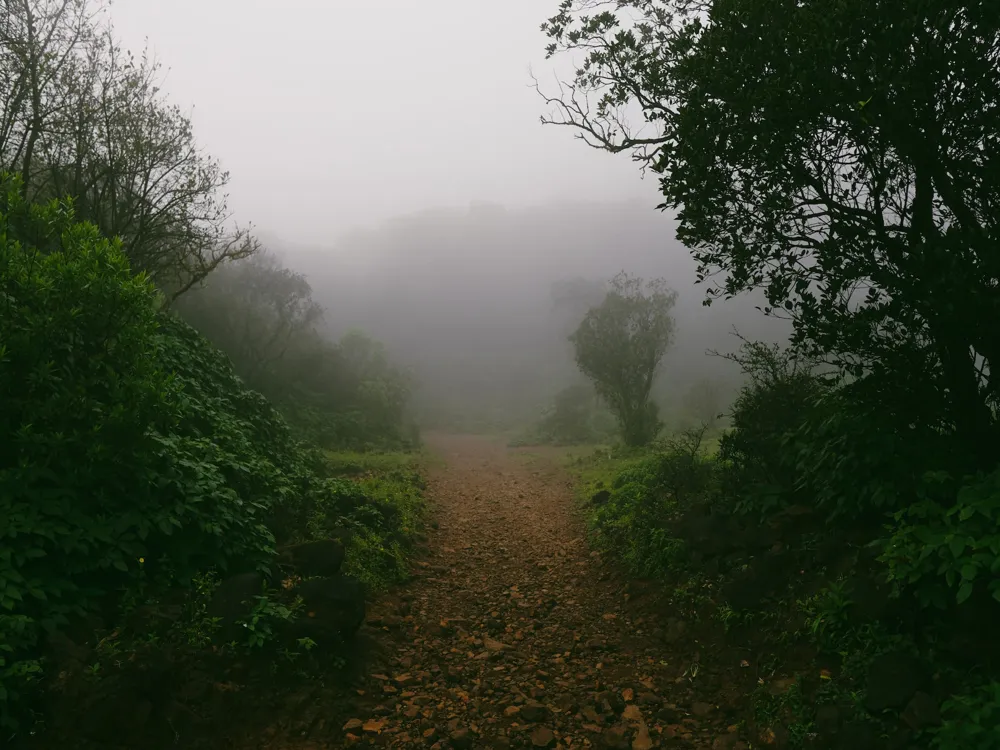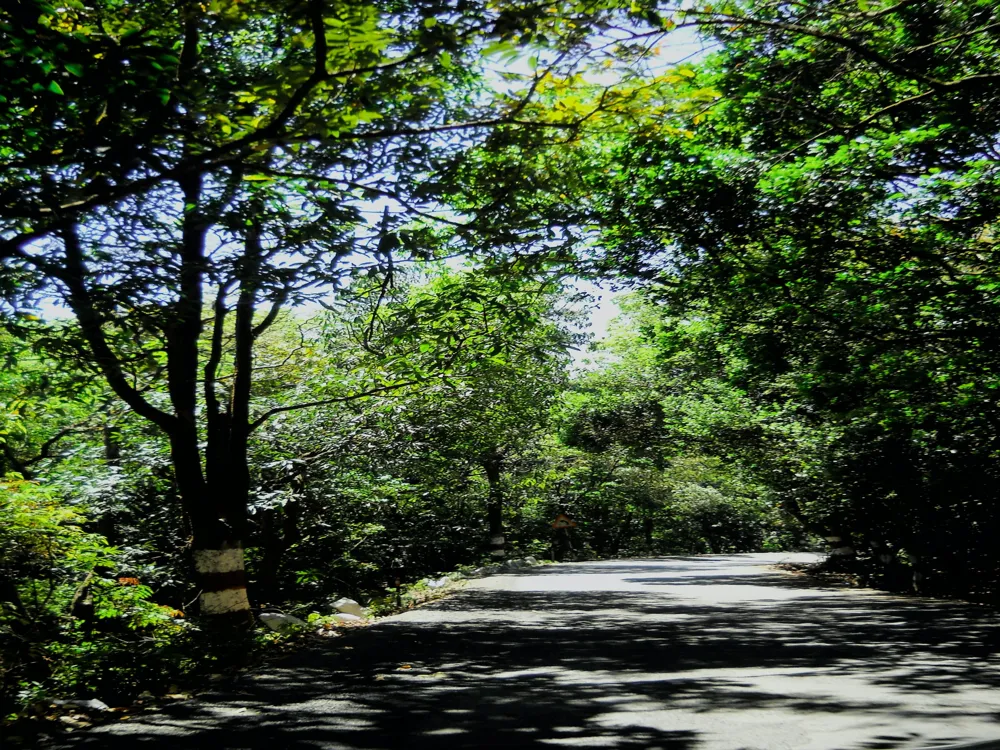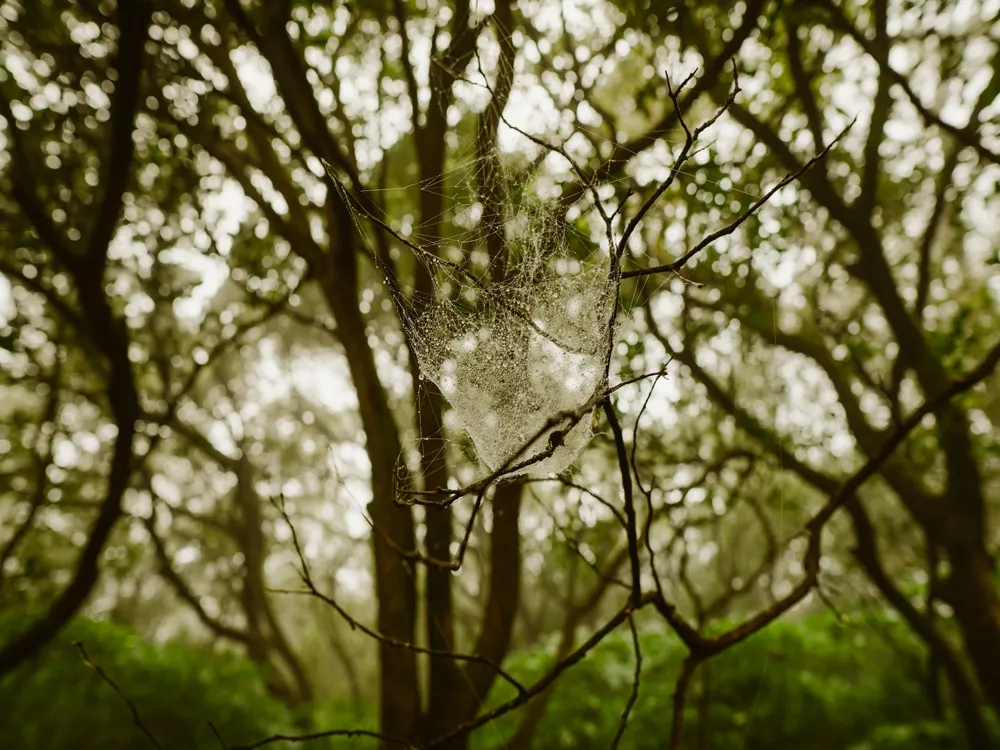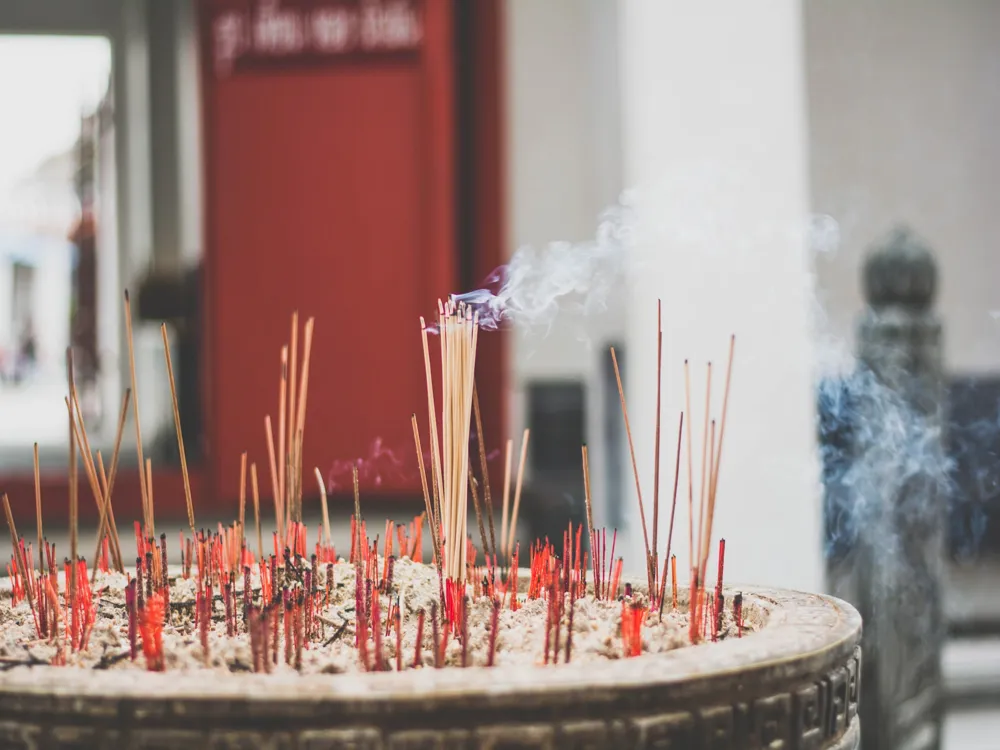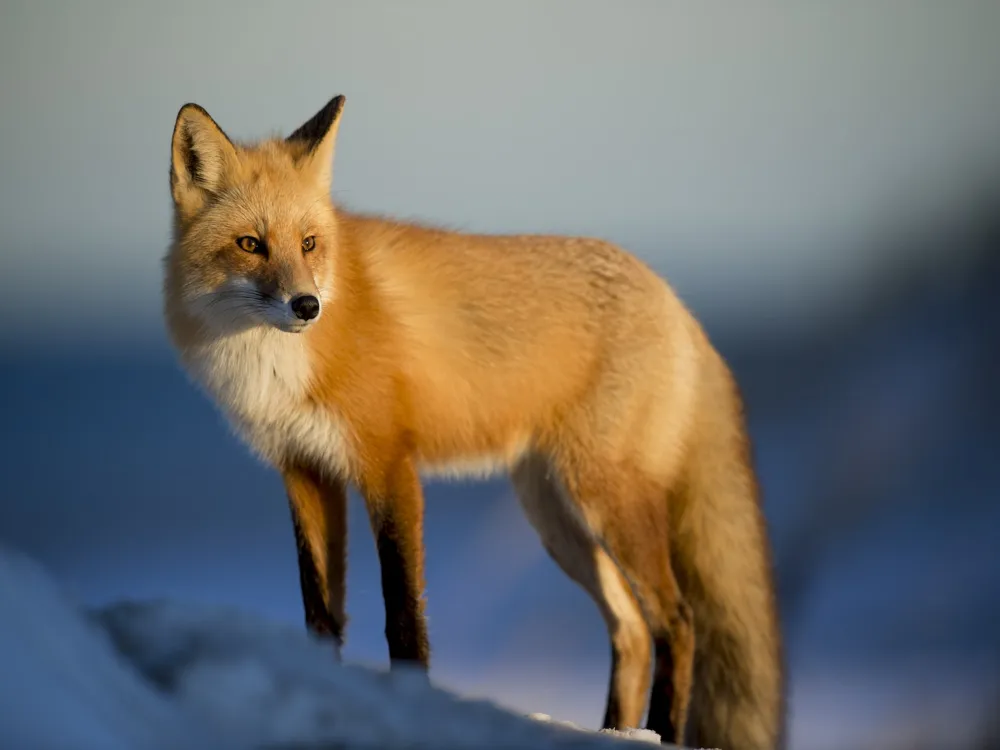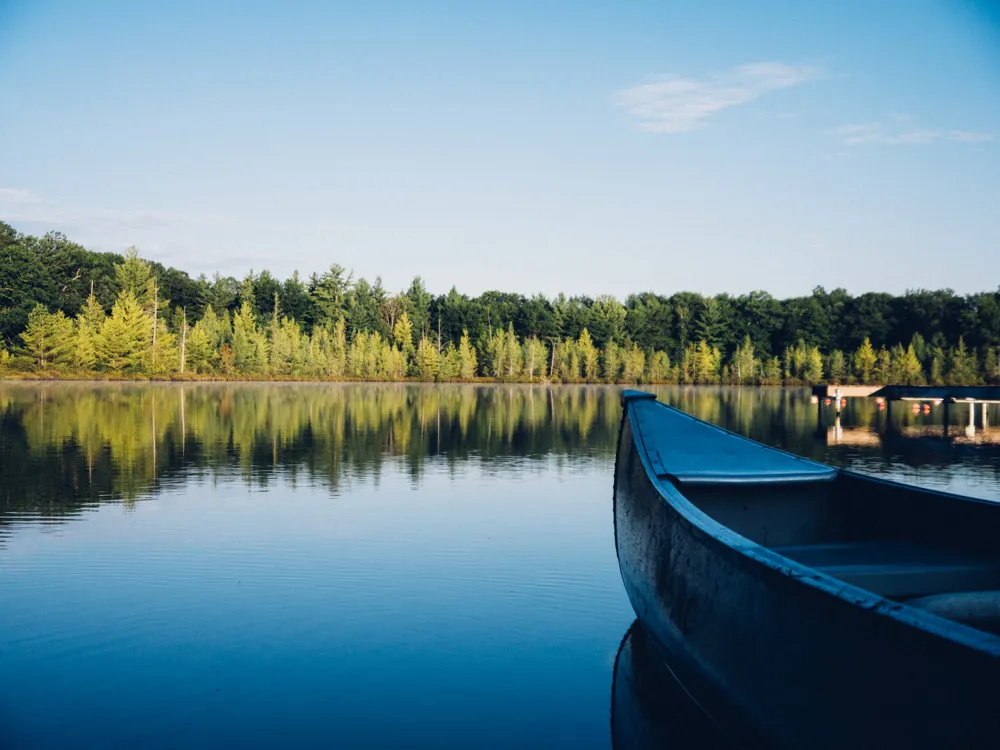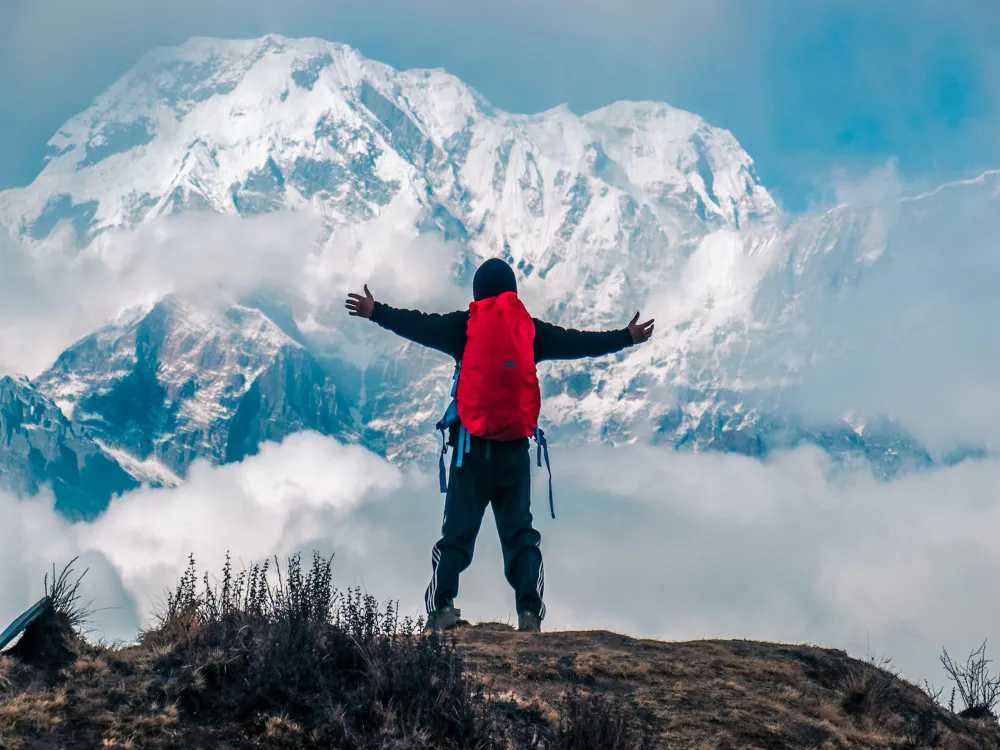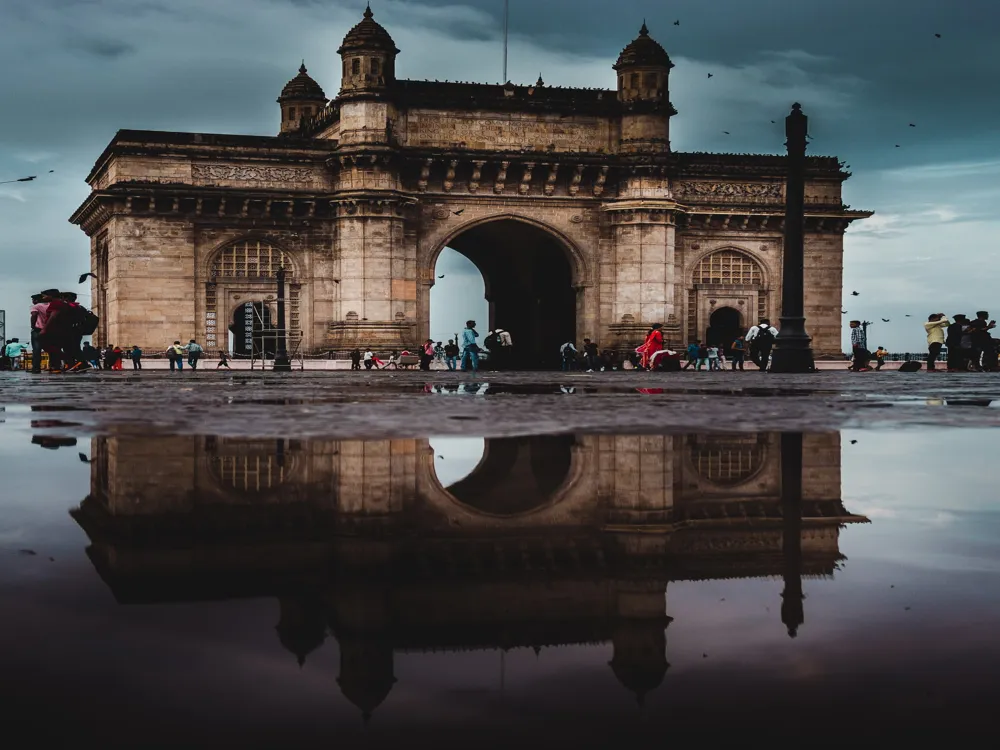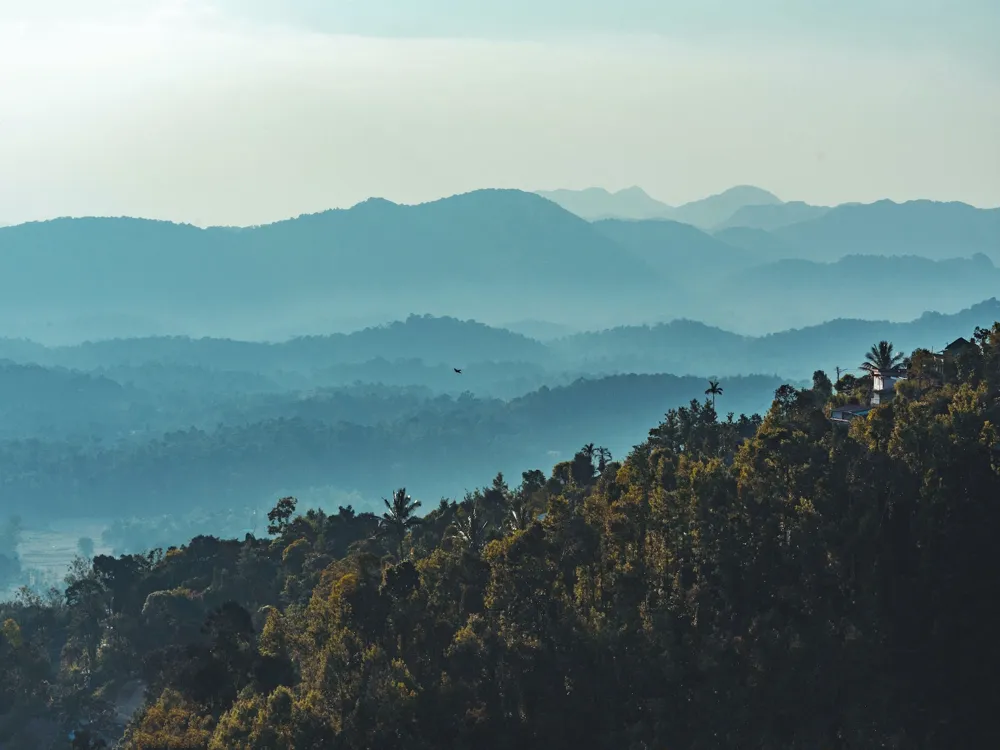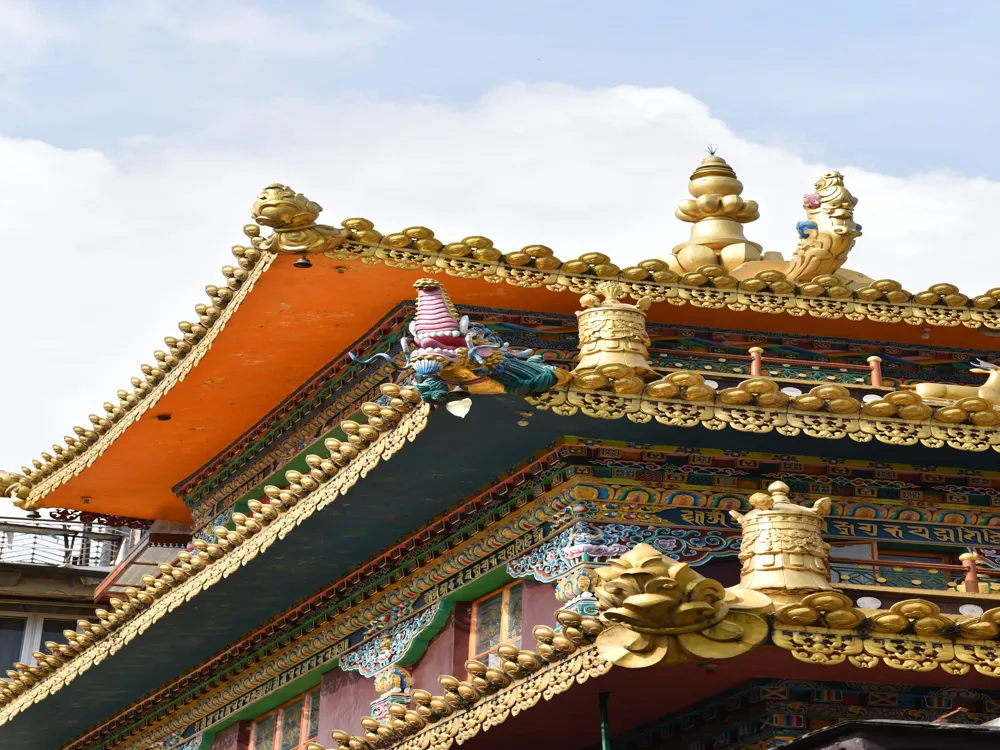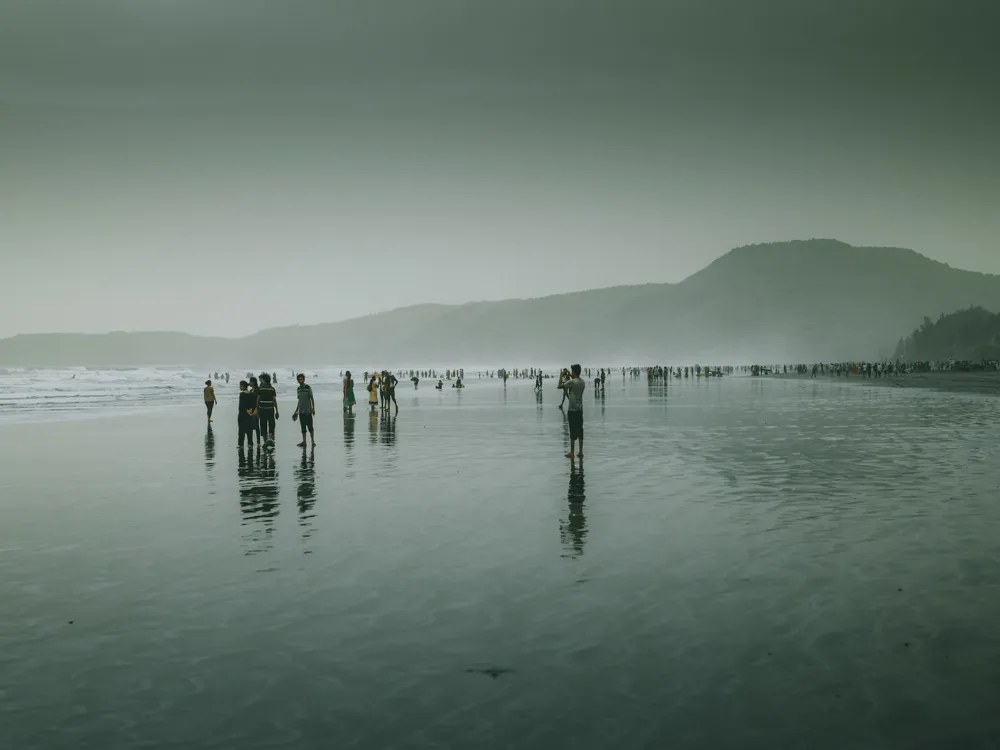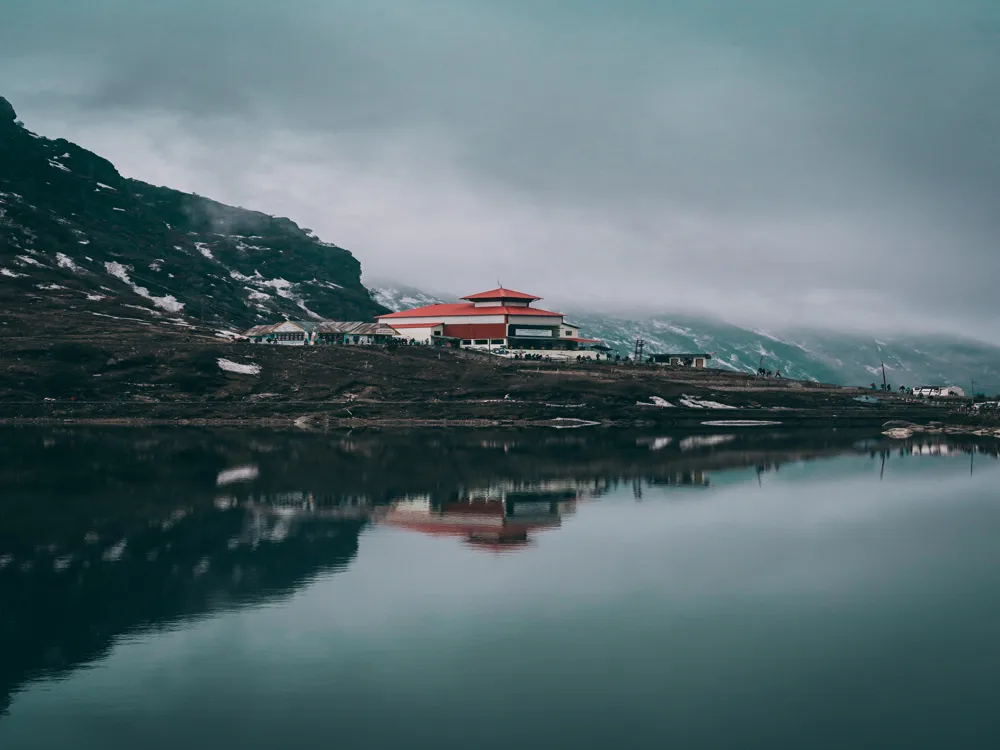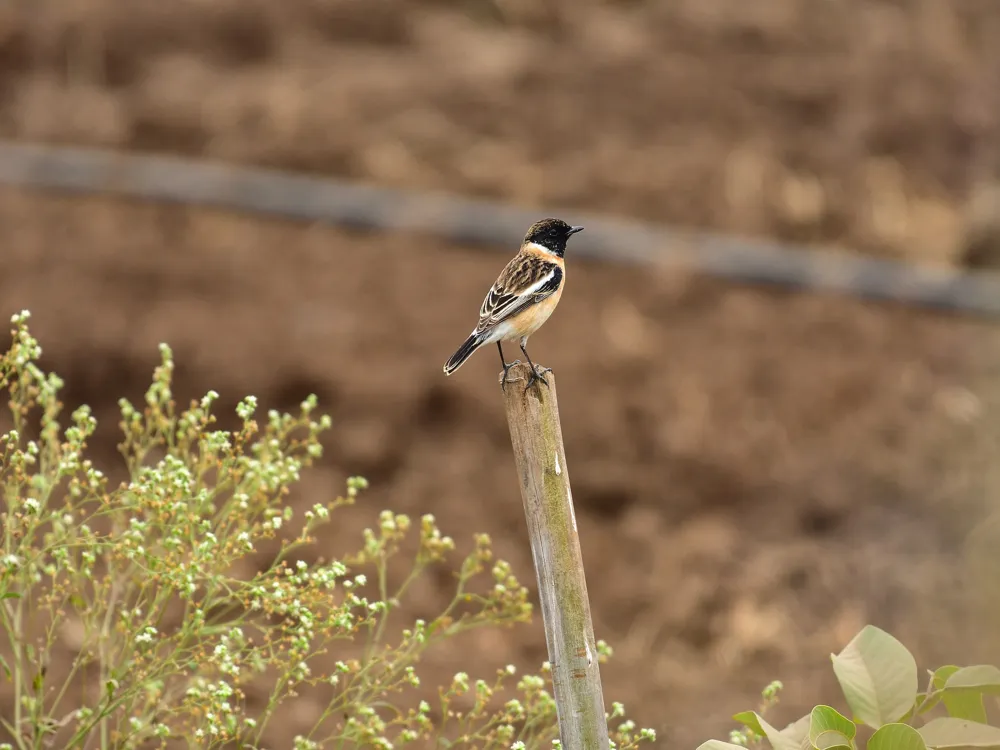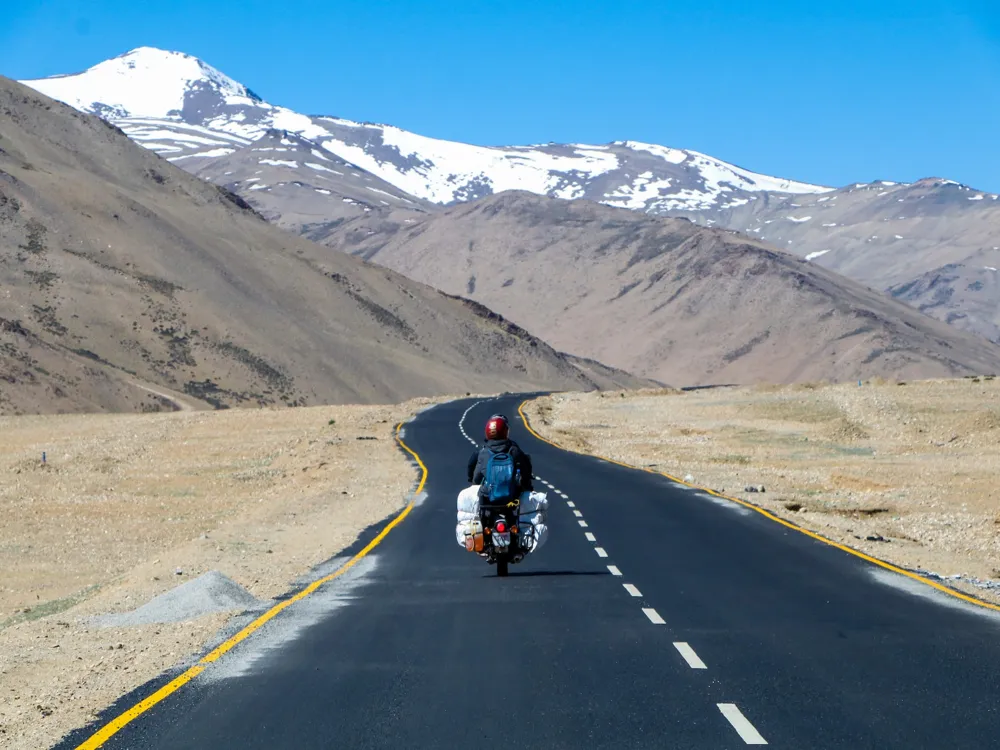Best Time to Visit Bhimashankar
Maharashtra India
25 out of 67 Places to visit in MaharashtraNaN onwards View Packages
Get Customized PackagesThe Land of Diversity
Top Hotel Collections

Private Pool

Luxury Hotels

5-Star Hotels

Pet Friendly
What is the Best Time to Visit BHIMASHANKAR?
Bhimashankar, nestled in the Sahyadri range of Maharashtra, is a captivating destination known for its ancient temple and pristine natural beauty. Choosing the right time to visit is crucial to fully experience the charm of this region.
Travel Peak Season in BHIMASHANKAR
The peak season, from October to February, attracts nature enthusiasts and devotees alike. This period offers a perfect blend of cool weather and lush greenery, making it ideal for trekking and temple visits.
Travel Offseason in BHIMASHANKAR
The offseason, from June to September, is characterized by monsoon showers. While the rain enhances the scenic beauty, it is not the best time for outdoor activities. However, the fewer crowds provide a serene atmosphere for spiritual seekers.
More about the Best Time to Travel to BHIMASHANKAR
BHIMASHANKAR Weather in Winter (November – February)
Winter, from November to February, is the most favored time to visit Bhimashankar. The cool and dry weather offers a pleasant escape from the scorching heat.
Bhimashankar Travel Packages
View All Packages For Bhimashankar
BHIMASHANKAR Weather in November
November marks the beginning of the winter season, with temperatures ranging from 10 to 25 degrees Celsius. The climate is refreshing, making it an ideal time for trekking and outdoor activities.
BHIMASHANKAR Weather in December
December brings cooler temperatures, ranging from 8 to 22 degrees Celsius. The landscape transforms into a misty paradise, creating a mystical ambiance around the Bhimashankar Temple.
BHIMASHANKAR Weather in January
January witnesses chilly temperatures between 6 to 20 degrees Celsius. The crisp air and clear skies provide breathtaking views of the surrounding hills and valleys.
BHIMASHANKAR Weather in February
February signals the end of winter, with temperatures between 8 to 24 degrees Celsius. This is a great time to explore the region's diverse flora and fauna.
BHIMASHANKAR Weather in Summers (March to June)
Summer, from March to June, sees temperatures rise, offering a distinct experience for those seeking warmth and clear skies.
BHIMASHANKAR Weather in March
March introduces mild temperatures, ranging from 12 to 30 degrees Celsius. The pleasant climate makes it suitable for outdoor activities like nature walks and bird watching.
BHIMASHANKAR Weather in April
April brings warmer temperatures, with the mercury ranging from 16 to 34 degrees Celsius. It's an ideal time for temple visits and exploring the nearby attractions.
BHIMASHANKAR Weather in May
May is the hottest month, with temperatures ranging from 20 to 38 degrees Celsius. Despite the warmth, the lush landscapes continue to attract visitors.
BHIMASHANKAR Weather in June
June marks the pre-monsoon period, with temperatures between 22 to 36 degrees Celsius. It's advisable to carry light clothing and stay hydrated while exploring.
BHIMASHANKAR Weather in Monsoon (July – October)
Overview
Monsoon, from July to October, paints Bhimashankar in vibrant hues, but it also brings heavy rainfall, impacting travel plans.
BHIMASHANKAR Weather in July
July sees the onset of monsoon, with temperatures ranging from 22 to 30 degrees Celsius. The region witnesses lush greenery, but outdoor activities are restricted due to heavy rainfall.
BHIMASHANKAR Weather in August
August experiences heavy rainfall, transforming Bhimashankar into a picturesque paradise. However, trekking and outdoor adventures are not recommended during this time.
BHIMASHANKAR Weather in September
September continues to receive substantial rainfall, with temperatures ranging from 22 to 28 degrees Celsius. It's a quiet time for introspection and temple visits.
BHIMASHANKAR Weather in October
October marks the end of the monsoon, with temperatures ranging from 20 to 32 degrees Celsius. The landscape rejuvenates, making it a transitional period before the peak season.
Conclusion
In conclusion, Bhimashankar offers a unique experience throughout the year, catering to diverse preferences. Whether you seek a spiritual retreat, a nature-filled adventure, or a tranquil escape, understanding the seasonal variations is key to planning a memorable visit.
Places To Visit In Bhimashankar
View All Places To Visit In BhimashankarNearby Places Bhimashankar
Bhimashankar Photos
View All Photos For BhimashankarBrowse Package Collections
Browse Hotel Collections
Faq
Q: When is the best time to visit Bhimashankar?
A: The best time to visit Bhimashankar depends on your preferences and the experience you seek. Here are some guidelines to help you plan your trip:
Q: What is the ideal time for trekking in Bhimashankar?
A: The months of October to March are perfect for trekking enthusiasts. The weather during these months is cool and pleasant, offering a comfortable trekking experience.
Q: When can I witness the vibrant flora and fauna of Bhimashankar?
A: Visit Bhimashankar during the monsoon season, from June to September, to witness the lush greenery and vibrant wildlife. However, be prepared for rain and slippery trails.
Q: Is there a specific time to experience the religious festivities at Bhimashankar Temple?
A: The Maha Shivaratri festival, usually falling in February or March, attracts a large number of devotees. If you wish to witness the temple festivities and cultural celebrations, plan your visit around this time.
Q: What about wildlife enthusiasts? When is the best time for wildlife spotting in Bhimashankar?
A: Wildlife enthusiasts should plan their visit during the winter months, from November to February. During this time, the chances of spotting various species of birds and animals in the Bhimashankar Wildlife Sanctuary are higher.

